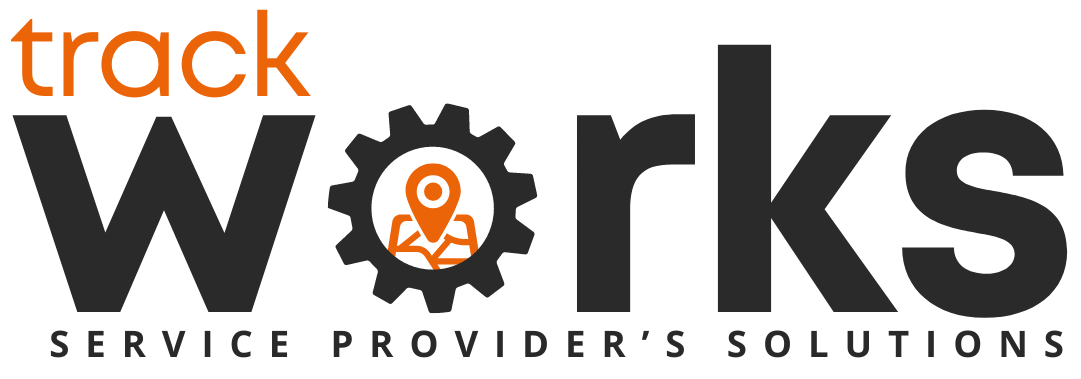Integrating FSM with ERP, CRM, and Accounting — Best Practices & Pitfalls
Introduction
Modern field service businesses rely on multiple software systems: FSM platforms for scheduling and dispatch, ERP for operational management, CRM for customer relationships, and accounting software for financials. Each system serves a critical purpose, but if they don’t communicate effectively, your business can face inefficiencies, errors, and frustrated staff.
Integration isn’t just a convenience—it’s a necessity. Properly connected systems enable real-time data flow, reduce manual entry, and give management a holistic view of operations. In this post, we’ll explore how to integrate FSM with ERP, CRM, and accounting systems, highlight common pitfalls, and share best practices to ensure success.
1. Why Integration Matters
Without integration, companies face several challenges:
- Duplicate Data Entry: Technicians submit job info in FSM, which must then be manually entered into accounting or ERP systems.
- Delayed Invoicing: Lack of real-time data slows billing and cash flow.
- Incomplete Customer Records: CRM may lack full service history, affecting customer experience.
- Operational Blind Spots: Managers lack a unified view of scheduling, resource allocation, and financials.
Integrated systems solve these issues by ensuring data flows automatically across platforms, reducing errors, improving efficiency, and providing actionable insights.
2. Key Systems to Consider
a. ERP (Enterprise Resource Planning)
ERP manages back-office processes like inventory, purchasing, and resource allocation. Integration with FSM ensures:
- Automatic updates of inventory when parts are used on jobs
- Accurate tracking of technician hours for labor cost analysis
- Visibility into job status and resource needs in real time
b. CRM (Customer Relationship Management)
CRM integration ensures customer-facing teams have complete service histories, enabling:
- Personalized service and targeted follow-ups
- Accurate scheduling based on previous interactions
- Improved first-time fix rates by providing context to technicians
c. Accounting Software
Accounting integration allows for faster, error-free billing:
- Work orders automatically generate invoices
- Payments, quotes, and estimates are tracked centrally
- Cash flow improves due to faster, accurate invoicing
3. Common Pitfalls in FSM Integration
Even with the best intentions, integrations can fail without careful planning:
- One-Size-Fits-All Assumptions: Not all FSM platforms integrate seamlessly with every ERP, CRM, or accounting system.
- Ignoring Data Mapping: Fields in FSM may not match fields in other systems; careful mapping is critical.
- Lack of Testing: Skipping thorough testing can result in lost or duplicated data.
- Neglecting Change Management: Staff must be trained on the integrated workflows to avoid confusion.
- Overcomplicating Workflows: Integrating too many systems at once can overwhelm your team; incremental integration often works better.
4. Best Practices for Successful Integration
- Identify Your Goals: Decide what problems you want to solve—faster billing, fewer errors, or better reporting.
- Choose Compatible Systems: Confirm your FSM platform has reliable integration options for your ERP, CRM, and accounting tools.
- Map Your Data: Ensure each field and workflow aligns across systems.
- Test in Phases: Start with core data (customers, jobs, invoices) before moving to advanced workflows.
- Train Your Team: Technicians, dispatchers, and office staff must understand new processes.
- Monitor & Adjust: Regularly review reports to ensure data is flowing correctly and workflows are efficient.
5. How Track Works Simplifies Integration
Track Works is built with integration in mind, making it easier for businesses to connect their FSM system with ERP, CRM, and accounting software:
- Pre-Built Connectors: Supports seamless syncing with popular platforms
- Real-Time Data Flow: Updates from field technicians are automatically reflected in ERP and CRM
- Automated Billing & Invoicing: Work order completion triggers invoicing in accounting systems
- Customizable API: Flexible enough to integrate with unique or proprietary systems
- Reports & Dashboards: Aggregates data from multiple systems for actionable insights
By centralizing data and automating workflows, Track Works reduces manual entry, improves accuracy, and allows your team to focus on delivering excellent service.
6. Case Example
A mid-sized HVAC company was manually entering technician work orders into their ERP and accounting system, leading to errors and delayed billing. After integrating Track Works:
- Job data synced automatically to ERP and accounting
- Invoicing times dropped from 5 days to same-day billing
- Managers had real-time visibility into both scheduling and finances
- Customer satisfaction improved due to faster response times and fewer errors
Conclusion
Integrating FSM with ERP, CRM, and accounting software transforms field service operations from fragmented to seamless. It reduces errors, saves time, improves cash flow, and gives leadership a unified view of operations.
Track Works is designed to simplify these integrations, providing real-time data flow, automated billing, and actionable insights. Properly implemented, integration turns your FSM system from a scheduling tool into the central hub of your field service business.




No responses yet